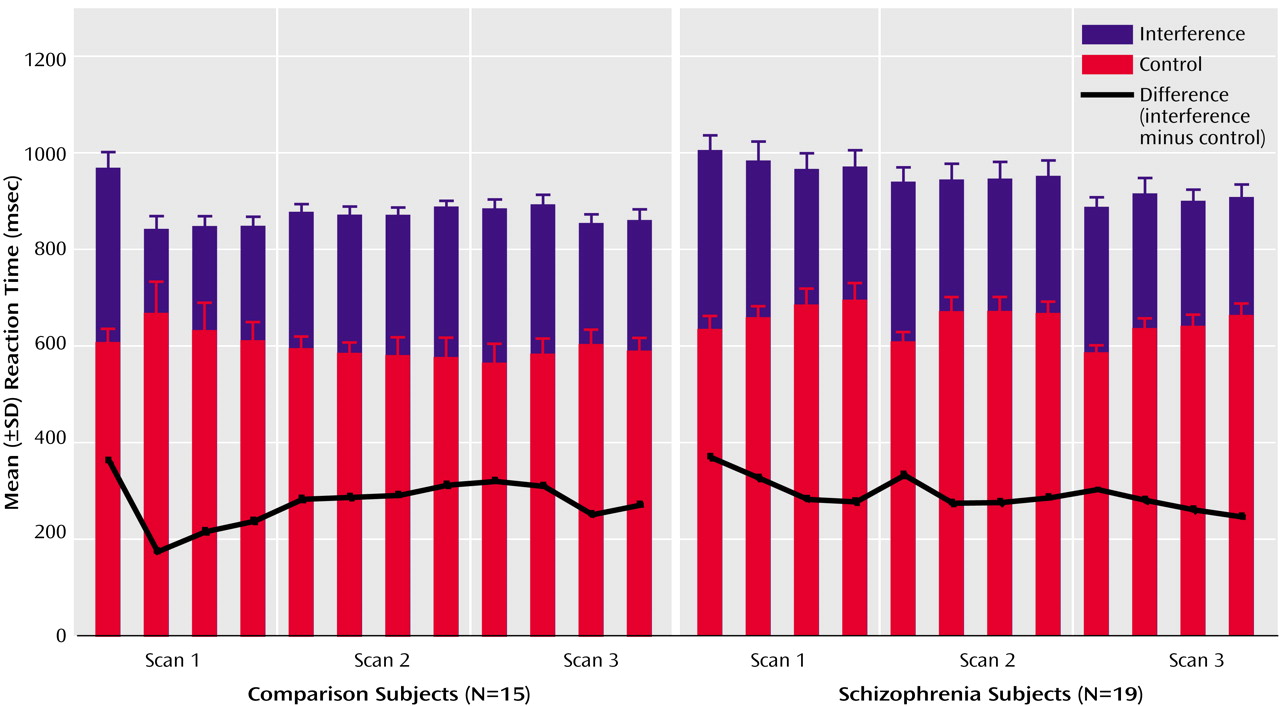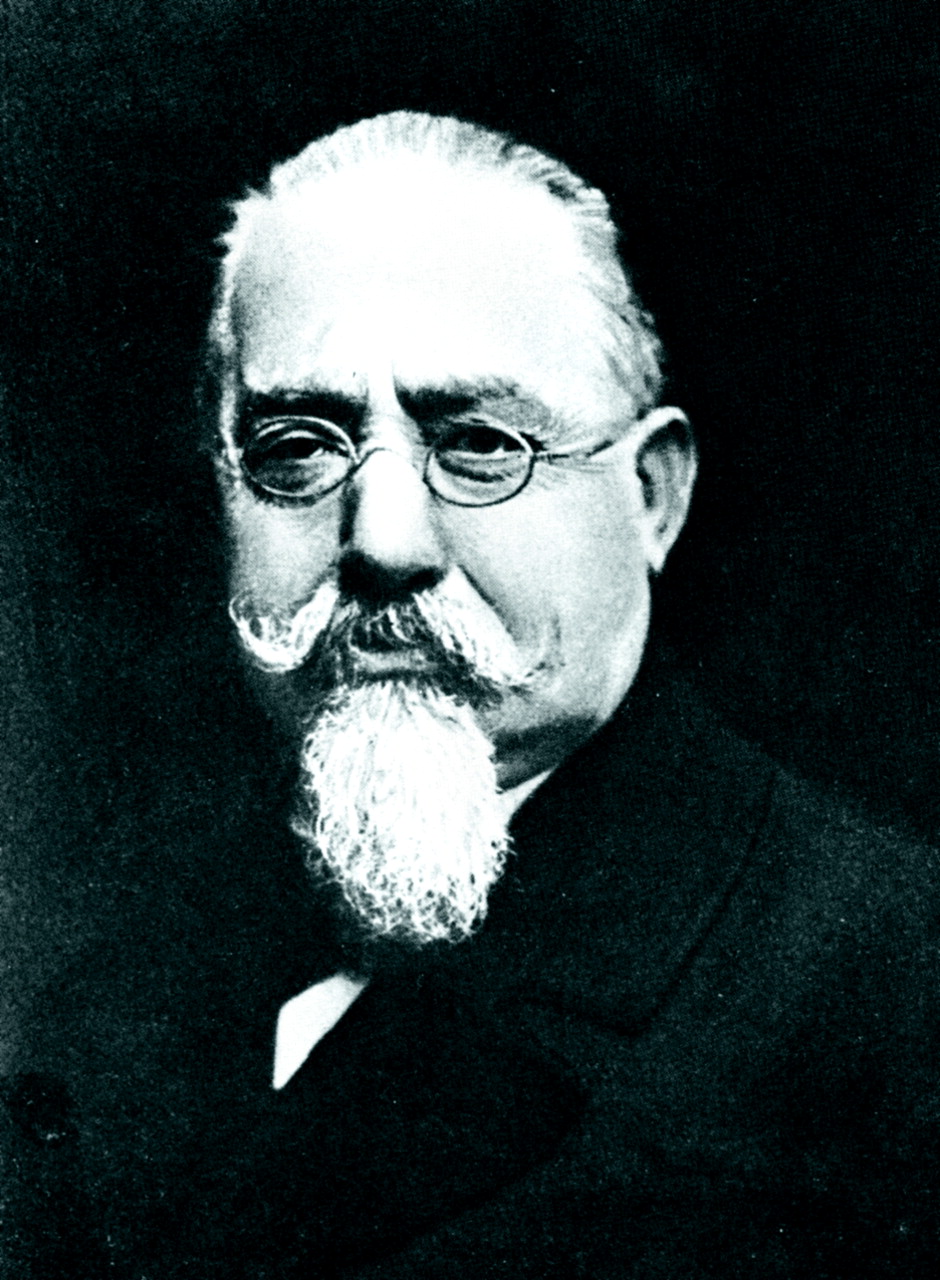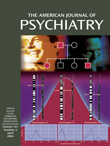Legacy Depression Treatment?
Guidelines recommend antidepressants for drug treatment of depression. Nevertheless, use of benzodiazepines, a class of minor tranquilizers, is still widespread. Valenstein et al. (p. 654) report on 128,029 depressed veterans treated in mental health settings over 1 year. Nearly all received antidepressants, but 36% also received benzodiazepines. The doses were generally moderate, and records indicated that the patients actually took less than the prescribed amount. Several patient characteristics were associated with benzodiazepine use: white or Hispanic ethnicity, coexisting posttraumatic stress disorder or other anxiety disorder, and older age. Although older patients took lower doses, the risks of benzodiazepine use increase with age. Past use of benzodiazepines may prompt elderly patients to request them, and benzodiazepines do provide faster relief of sleeplessness, restlessness, and anxiety symptoms. It is not clear though whether the benefits outweigh the risks.
A Genetic Culprit in Autism
Autism apparently stems from the interaction of several genes. Research points to one such gene on chromosome 2. Ramoz et al. (p. 662) screened DNA from patients with autism for variants in nine candidate genes in the 2q31 region. Two single-nucleotide polymorphisms within the SLC25A12 gene showed significant association with autism, according to family-based tests of 2,000 people in 411 affected families. An allele of each genetic variant was preferentially transmitted from parent to affected child. The SLC25A12 gene encodes a mitochondrial aspartate/glutamate carrier. Since mitochondria provide cellular energy and neurons are major energy users, abnormalities in mitochondrial function could lead to changes in neuronal function. For both identified polymorphisms, the allele associated with autism is common, and so, while these variants significantly increase risk for autism, they cannot be considered sufficient for autism or appropriate for genetic counseling, without information about additional susceptibility genes.
Teens’ Personalities Reflect Parents’ Alcohol or Drug Abuse
The familial transmission of alcohol and drug disorders is partially genetic, but it could occur through intermediate factors that are also influenced by genes, such as personality traits. The time to assess personality in the offspring of parents with substance disorders is early, before the onset of similar disorders in the offspring obscures the contribution of personality as a risk factor. In a large sample of 17-year-olds, Elkins et al. (p. 670) related personality characteristics to the parents’ history of substance use disorders. The adolescents’ traits were significantly influenced by parental substance abuse but varied by the type of disorder. Parental alcoholism was associated with offspring traits reflecting negative emotionality and with lower well-being. The children of parents who abused drugs showed less constraint and greater feelings of social potency than offspring of parents with no drug history. These associations remained after exclusion of adolescents who already had alcohol or drug problems and thus have additional risk factors.
Schizophrenia Patients Who Take Too Little, or Too Much, of Their Drugs
Antipsychotic medications improve the symptoms and functioning of patients with schizophrenia, but many patients do not take their medications as prescribed. Identifying these patients could lead to interventions aimed at improving adherence and outcomes. Gilmer et al. (p. 692) examined risk factors among Medicaid beneficiaries with schizophrenia in San Diego County. Characteristics associated with nonadherence were lower age, substance abuse, Latino or African American ethnicity, and homelessness. Adherence was greater for patients taking clozapine (60%) than for patients taking other “atypical” antipsychotics (41%) or conventional antipsychotics (37%). Adherence paid off in terms of less hospitalization, although these savings did not totally offset the higher pharmacy costs. The highest total cost was for the 19% of patients who obtained more pills than were prescribed. Targeting this excess prescription filling could save over $1,000 a year per person in medication costs alone.
Individual Views of Brain Activation in Schizophrenia
The anterior cingulate cortex processes emotions and provides an interface for motor control, drive, and cognition. It attracts great interest for studies of schizophrenia, but because its anatomy varies considerably between individuals and the subregions have distinct functions, the differences between overall groups may not be reliable. In their comparison of healthy subjects and patients with schizophrenia, Heckers et al. (p. 707) employed a task that evokes robust, repeatable activation of the dorsal anterior cingulate cortex. Between-group differences in performance and brain activation were not significant, but the locations of activation were also examined individually. Maximum excitation of the medial wall occurred in the dorsal anterior cingulate cortex for 67% of the healthy subjects but only 16% of schizophrenia patients. The individual data revealed three distinct activation patterns, and some patients had no activation of the anterior cingulate cortex at all. These individual differences clarify and confirm the abnormality of the anterior cingulate cortex in schizophrenia.
Images in Psychiatry
Cesare Lombroso, M.D., 1835-1909 (p. 624)



